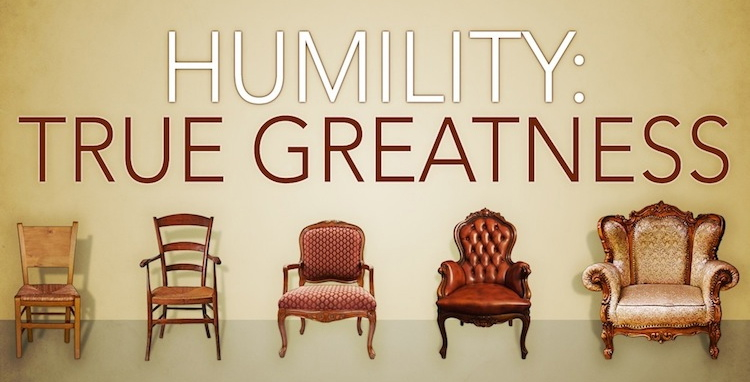Subtitle: A Humble Life, Lesson 3
J.I. Packer writes these incredibly profound and comforting words (I urge you to allow these words to take root deep within your soul)…
“There is unspeakable comfort, the sort of comfort that energizes, in knowing that God is constantly taking knowledge of me in love and watching over me for my good. There is tremendous relief in knowing that His love to me is utterly realistic, based at every point on prior knowledge of the worst about me, so that no discovery now can disillusion Him about me, in the way I am so often disillusioned about myself, and quench His determination to bless me.
“There is, certainly, great cause for humility in the thought that He sees all the twisted things about me that my fellow men do not see, and that He sees more corruption in me than that which I see in myself. There is, however, equally great incentive to worship and love God in the thought that for some unfathomable reason He wants me as His friend and desires to be my friend and has given His Son to die for me in order to realize this purpose.”
It’s only when we understand our utter sinfulness and God’s profound holiness that we will begin to fully appreciate God’s phenomenal love for us! When we understand these truths, the natural response is humility! This God who is perfectly holy in every way, and we who are utterly sinful through and through – this God, this Lord, this Jesus – loves us immensely and promises to always work all things for His glory and for our good.
Randy Alcorn gives us perspective on humility…
“If we see God as He really is, and ourselves as we really are, there’s only one appropriate response: to worship Him. Humility isn’t pretending we’re unworthy because it’s spiritual—it’s recognizing we are unworthy because it’s true.”
As A.W. Tozer said, “Only the humble are sane.”
If someone were to ask me, “Paul, what do you consider to be one of the most important character traits required in order to be used by God, to have a happy, healthy marriage and maintain long-term successful relationships with friends and family?”
My answer would be: Humility.
No one has helped me more in understanding what a “prideful, arrogant” life looks like as opposed to a “humble, broken” life than Nancy Leigh DeMoss. Her superb book entitled, Brokenness: The Heart God Revives, would certainly be among the best and most personally impacting books that I have ever read.
The Apostle Peter, probably known as the most naturally arrogant of the disciples in his early years of ministry with Jesus, writes in his later years (after learning many lessons the hard way), the following:
“God is opposed to the proud, but gives grace to the humble” (1 Peter 5:5).
And then he goes on to say: “Therefore, humble yourselves under the mighty hand of God, that He may exalt you at the proper time.”
The force of the Greek text in verse 5 could accurately be translated as, “God stiff-arms the proud, but gives grace to the humble.”
How would you like to be “stiff-armed” by God? Not me! I want and need all of the grace from God that I can get.
Notice also in v. 5 “who” is the One that does the “exalting.” God!
As a matter of fact, Jesus said in Luke 14:11, “For everyone who exalts himself will be humbled, and he who humbles himself will be exalted.”
Over the years, I’ve had dozens of men approach me about wanting to go into full-time ministry. Many times they tried the “self-promotion” route and came up empty. In many of these situations, no doors opened for them and no one seemed to be asking.
When asked for my opinion, my counsel has always been: Faithfully and humbly serve Christ where you are, with the opportunities that are in front of you. He promises to do the ‘exalting’ when and how He wants. He will open those doors if, when and how He desires. Trust His sovereign hand.
I’ve learned over the years that there are two ways to end up humble:
Either choose to humble yourself before God and others or let God do it for you! Trust me, I’ve been in the second category too many times to count (it’s painful).
Notice that Peter’s command in v. 6 is “humble yourself…” We’re commanded to choose humility each and every day, in all of our relationships and conversations. Humility in our relationships with others begins with humbling ourselves before God.
I leave you this week with a quote from Andrew Murray on humility…
“Humility is perfect quietness of heart. It is to be at rest when nobody praises me. It is to be at rest when I am blamed or despised. It is to have a blessed home in the Lord where I can go in and shut the door and kneel to my Father in secret and am at peace as in a deep sea of calmness, when all around and above is trouble. The humble person is not one who thinks lowly of himself, he simply does not think of himself at all.”


